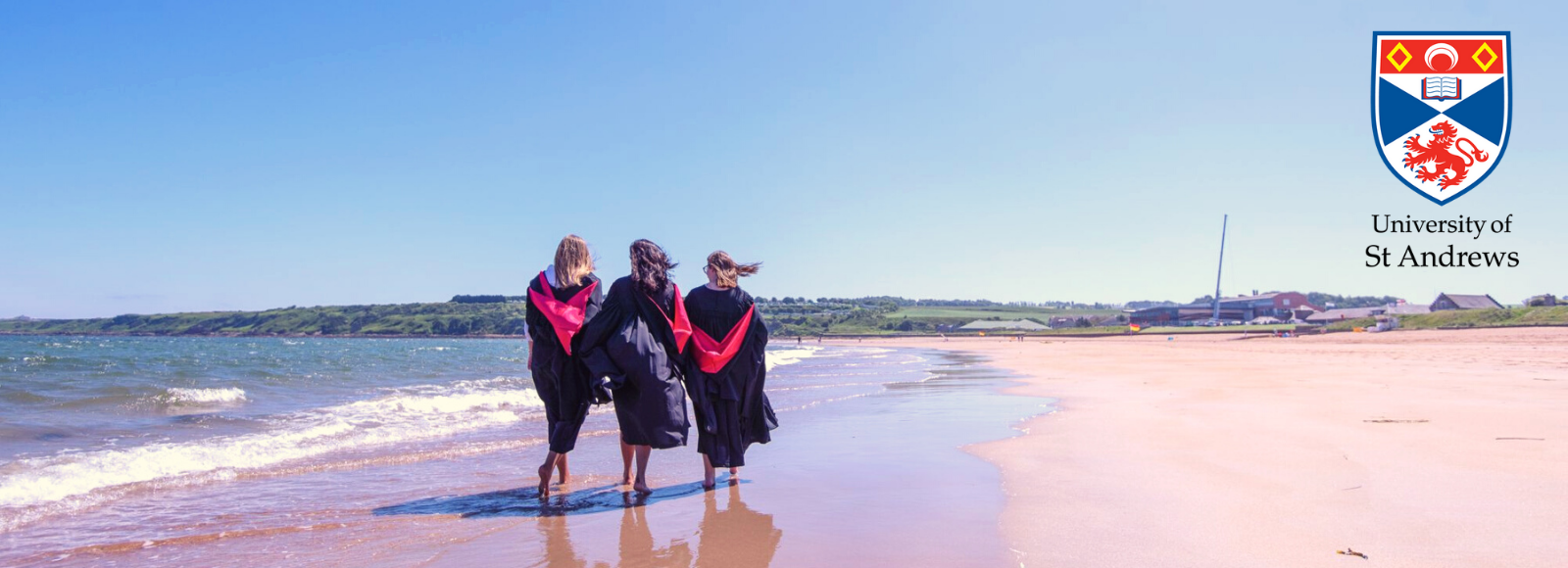- ...
Postgraduate Studentships - Search for funding opportunities.
Postgraduate Studentships - Search for funding opportunities.
The MRes in Social Anthropology is a full-time taught postgraduate programme run by the Department of Social Anthropology within the School of Philosophical, Anthropological and Film Studies.
The programme provides a general introduction to social anthropology at the postgraduate level, with an emphasis on bringing interdisciplinary skills to anthropological research. It enhances existing anthropological knowledge and helps develop theory and practice in those coming to anthropology for the first time. The MRes offers a range of social science components, research and methodology training, and core social anthropology teaching.
Highlights
A 2.1 Honours undergraduate degree. No previous anthropological experience is required. If you studied your first degree outside the UK, see the international entry requirements.
The qualifications listed are indicative minimum requirements for entry. Some academic Schools will ask applicants to achieve significantly higher marks than the minimum. Obtaining the listed entry requirements will not guarantee you a place, as the University considers all aspects of every application including, where applicable, the writing sample, personal statement, and supporting documents.
Application requirements
For fees and funding options, please visit website to find out more
Graduates in social anthropology from St Andrews will gain key practical skills in analysing social and cultural dynamics and how these shape relations, attitudes and experiences. They will learn how to communicate cross-culturally and to examine problems reflexively and holistically, revealing and questioning taken-for-granted assumptions.
These skills are transferable to many different careers, and are particularly sought after in development, the non-profit sector, the civil service, human resources, museums and curation, environmental conservation, business, and education.
The Careers Centre offers one-to-one advice to all students as well as a programme of events to assist students in building their employability skills.
Compulsory
Core social science training modules are listed below (descriptions of these modules are given on the 'Optional' tab). These may be required for recognition of the MRes by the ESRC as a doctoral pathway. They are optional for non-ESRC funded students.
Non-ESRC funded students may substitute up to 30 credits from undergraduate Honours-level Social Anthropology modules, with the approval of the course coordinator.
Optional
Students choose two optional modules, taking one in each semester. For the latest optional module information, see the module catalogue
Here is a sample of optional modules that may be offered.
Optional modules are subject to change each year and require a minimum number of participants to be offered; some may only allow limited numbers of students (see the University’s position on curriculum development).
Dissertation
Student dissertations will be supervised by members of the teaching staff who will advise on the choice of subject and provide guidance throughout the research process. The completed dissertation of not more than 15,000 words must be submitted by a date specified in August.
If students choose not to complete the dissertation requirement for the MRes, there is an exit award available that allows suitably qualified candidates to receive a Postgraduate Diploma. By choosing an exit award, you will finish your degree at the end of the second semester of study and receive a PGDip instead of an MRes.

Scotland’s first university, an experience like no other Masters programmes to help you find your future. Are you looking to earn an outstanding pos...
Sign up to Postgraduate Studentships
Sign up to compare masters
Thanks for making your selection. Click below to view your comparisons.